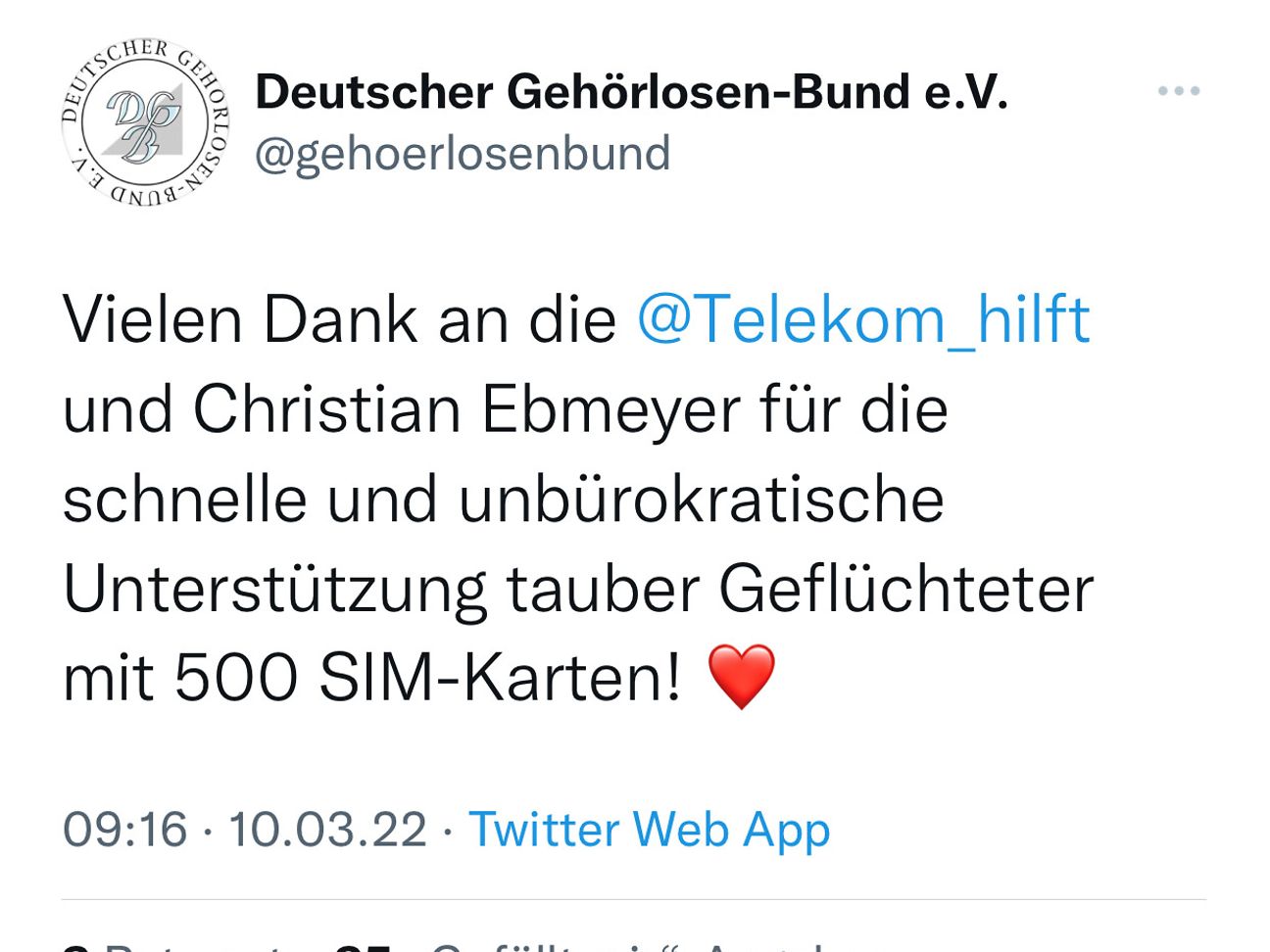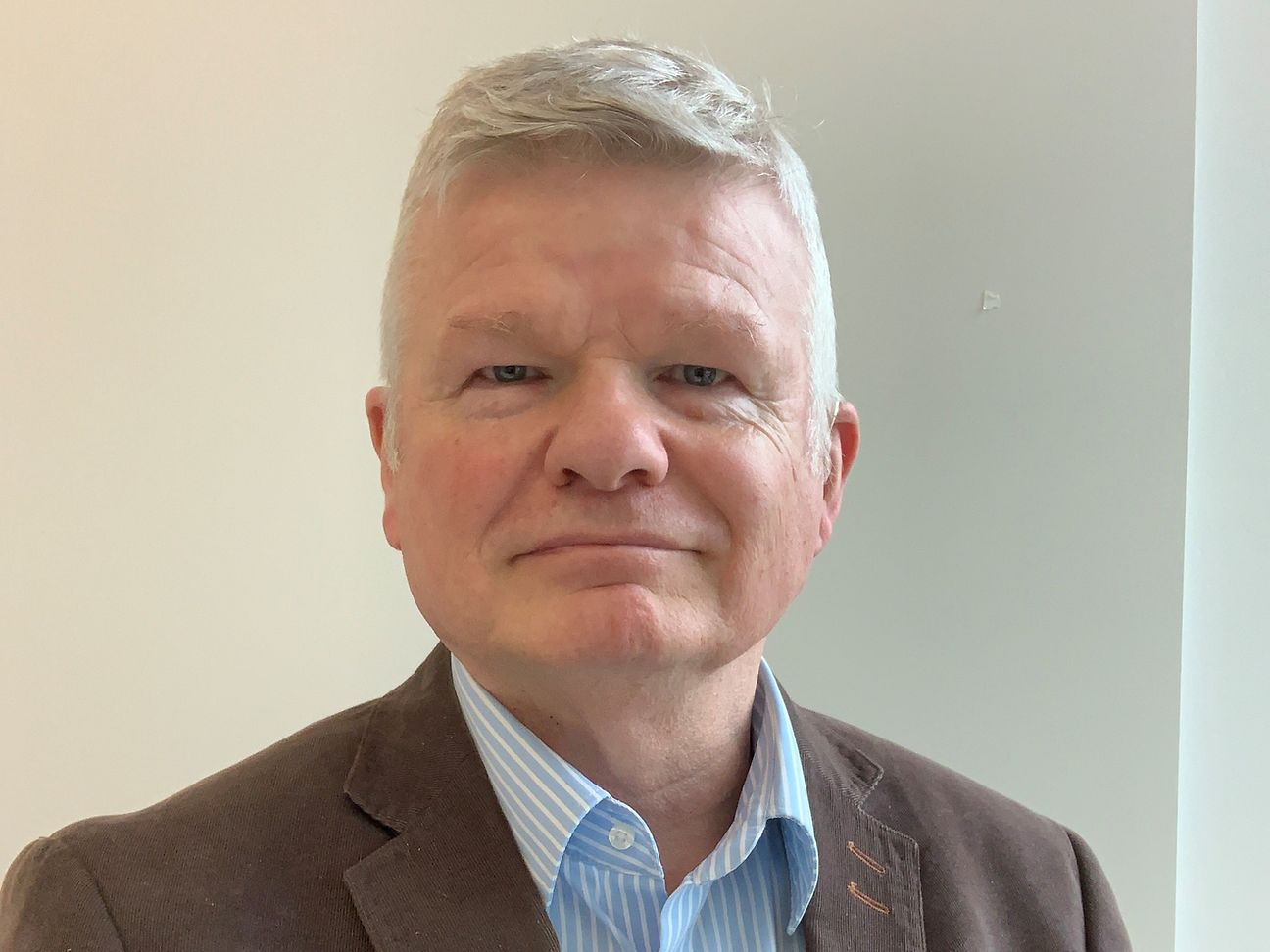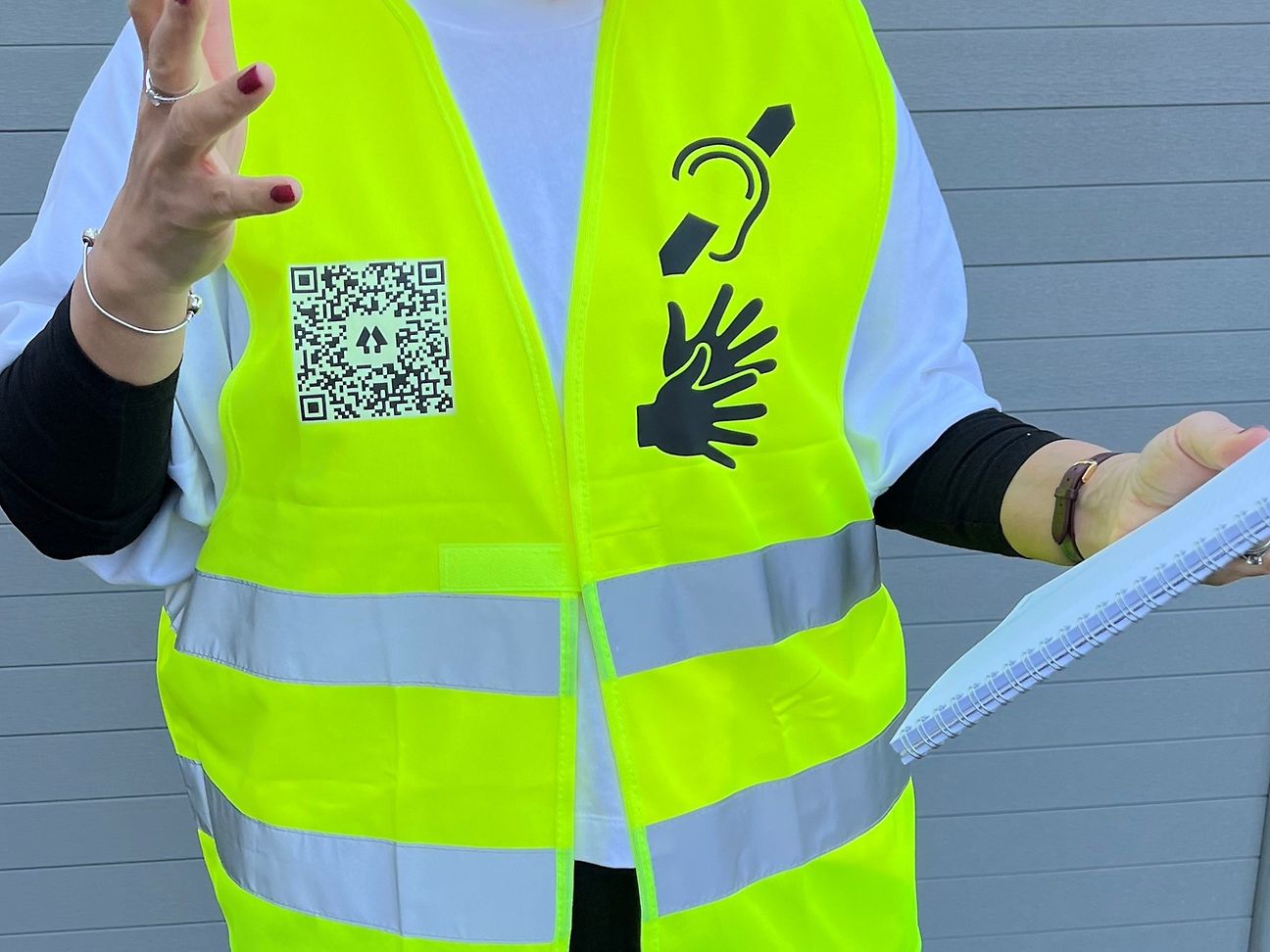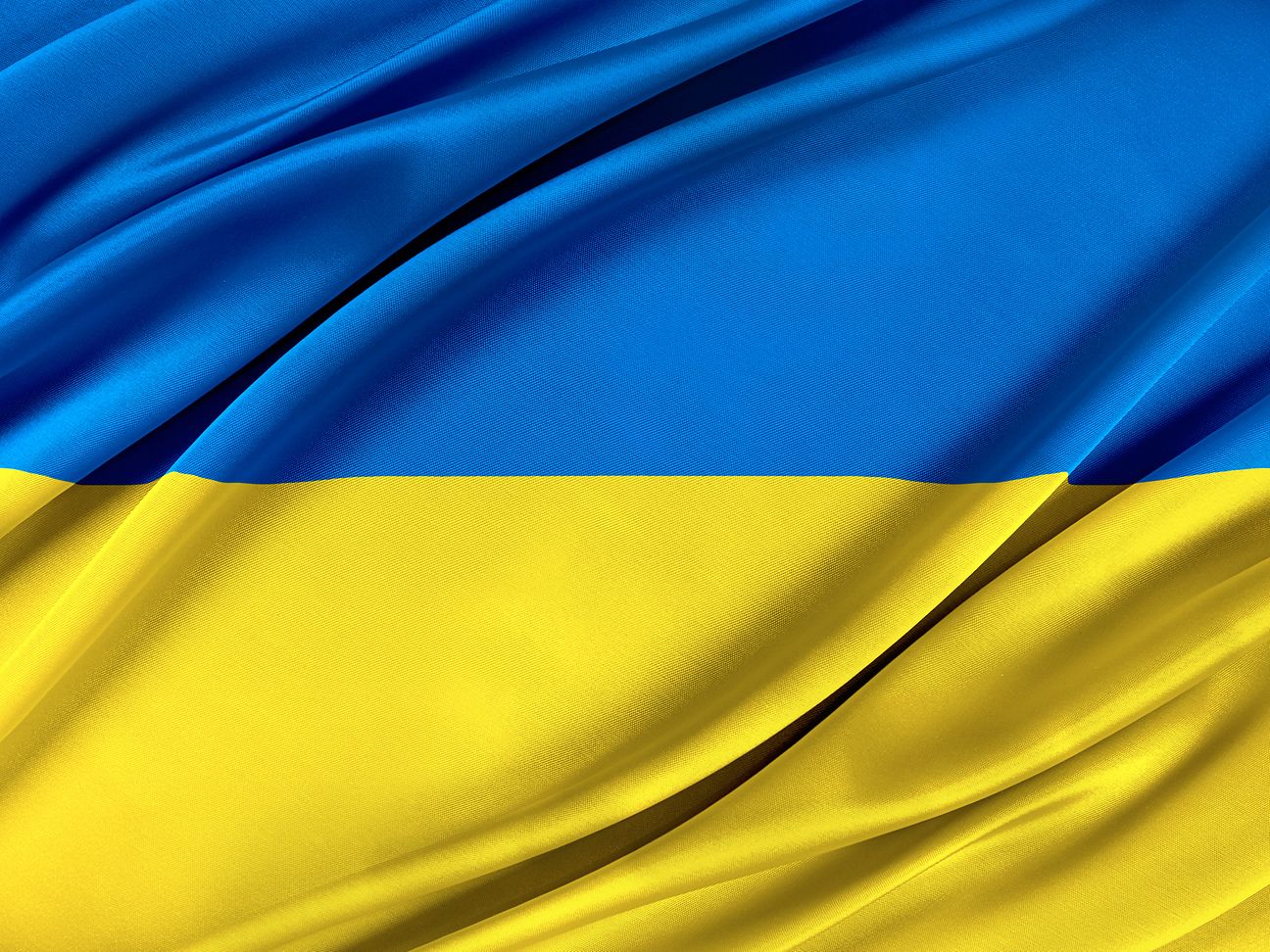

Help for deaf refugees: A tweet and its story
"Many thanks to Deutsche Telekom and Christian Ebmeyer for the fast and unbureaucratic support of deaf refugees with 500 SIM cards" tweeted the German Deaf Association on March 10. I wanted to learn more and made an appointment with Christian Ebmeyer.
In our corporate communications department, of course, many topics are currently revolving around the consequences of the terrible war of aggression. And I feel strange writing from my warm desk in Bonn about things that can hardly be put into words. I know from many colleagues at home and abroad that they are currently helping where they can. I am very impressed by that.
"We have to do something about this."
One of them is Christian Ebmeyer in Hamburg. He is deaf and a sign language speaker. So that we understand each other, a sign language interpreter translates and takes part in our telephone conversation. This works very well. He tells me how he arranged for 500 Telekom SIM cards to be given to the deaf aid organization at short notice. That the cards are now being distributed through the association's regional associations. "It was my first thought when I heard about the refugees: we have to do something about this," he says. "I'm happy that our company is making such a great offer."
The idea of having to flee without hearing, of not even being able to hear dangerous sounds like gunshots, is once again beyond my imagination. How do you orient yourself? How do you stay in contact with helpers? It's obvious what a big role cell phones play in this. "That's where all the contact is via social media such as Instagram, for example, and just as much via messenger services such as Whatsapp, Signal and Telegram," says Christian Ebmeyer. "Numbers are exchanged many times, including those from the new SIM cards. The helper networks see to it that they stay in contact with those affected. The deaf associations help where they can."
Fast flow of information important
Christian Ebmeyer works in Hamburg on a voluntary basis at the German Deaf Association (Deutscher Gehörlosen-Bund e.V.). He also has something to do with this in his job in the Deutsche Telekom "Cooperation Development Associations" department. As a salesman - he has also worked in the Telekom Shop during his career - he looks after framework agreements for small and medium-sized companies. Also for the Deaf Association. He is also very well networked with many other initiatives, such as "Deaf Refugees" in Hamburg. And even with some abroad, even in Ukraine. Thanks to his commitment, he moves a lot. He knows that some refugees with hearing disabilities are already receiving SIM cards in Poland. But at the latest after the German-Polish border they need new ones. Ultimately, what matters here is a particularly fast and good flow of information. Fortunately, he says, many reception centers have helpers who speak Ukrainian or Russian sign language. For the Federation of the Deaf, the SIM cards are also a way to stay connected with the newcomers in the future. The regional associations organize regular meetings or events, such as soccer matches. The "Deaf Refugees DE" network uses its homepage www.deafrefugees.de and social media to help refugees who want more information in Ukrainian or Russian sign language. "I am happy to be able to support this," says Christian Ebmeyer.




